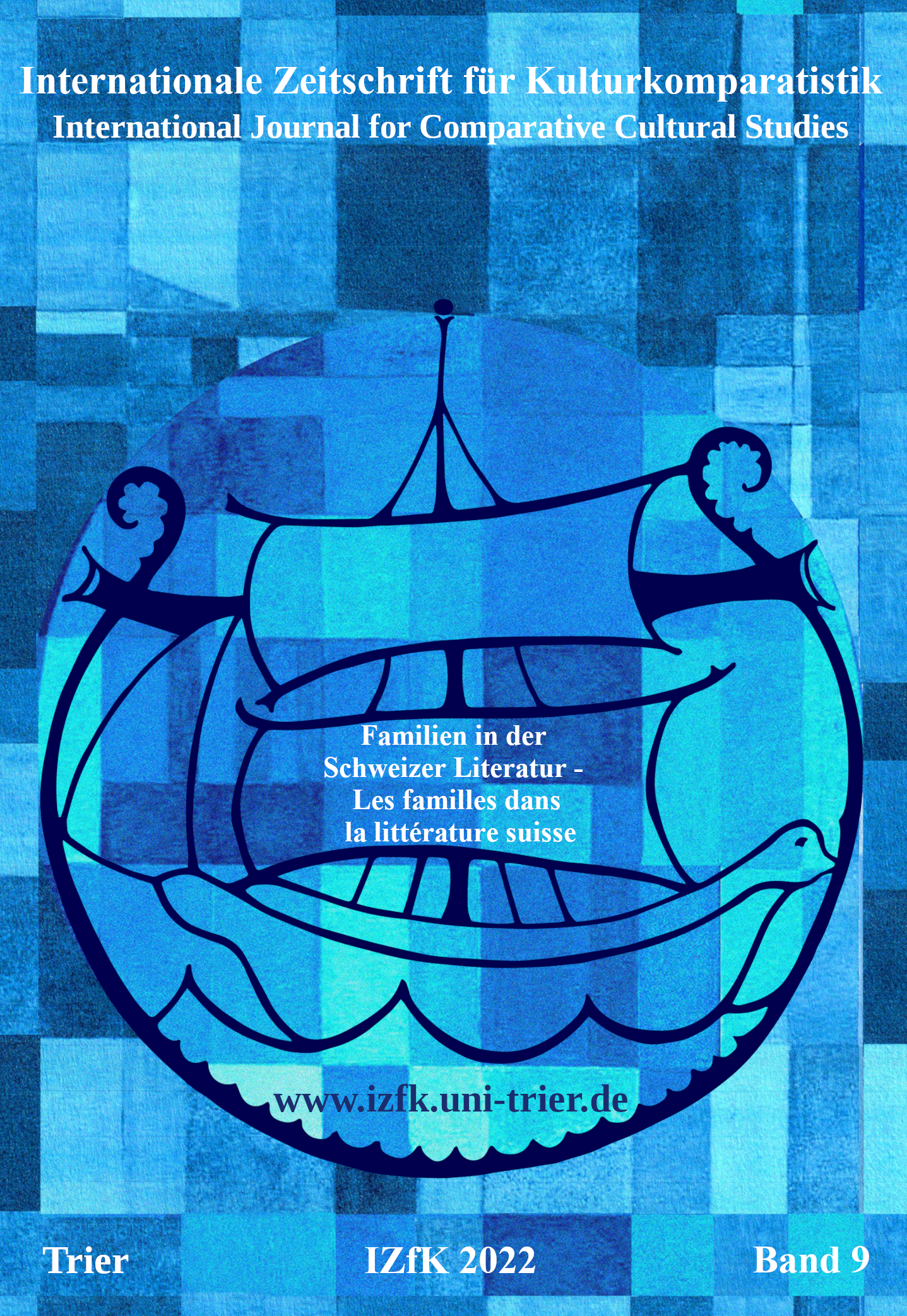Le projet familial face à la société: évolution de la cause féminine dans les oeuvres d’Anne-Lise Grobéty et Rose-Marie Pagnard, des années 1970 à aujourd’hui
Hauptsächlicher Artikelinhalt
Abstract
Family relations and women’s destinies are two recurrent themes in the novels of two prominent figures of the French-speaking Swiss literature, Anne-Lise Grobéty (1949–2010) and Rose-Marie Pagnard (1943–). Although depicting different universes, more politicized in the first and more poetic in the second, a cross-reading of their works allows to observe a similarity in the treatment of the evolution of the feminine cause within the family unit. Two novels from the 1970–1990 period, «Pour mourir en février» (1970) by Grobéty and «La Leçon de Judith» (1993) by Pagnard, attest to the young girl’s difficulty in building her own identity within her family. The female friendship is presented in both works as a prerequisite for the personal fulfilment of female figures. However, it is rejected by the family who perceives it as a threat to the established patriarchal order. On the other hand, filiation novels of the 2000’s, «La Corde de mi» (2006) by Grobéty and «J’aime ce qui vacille» (2018) by Pagnard, reveal an appeasement of the relations between the young girl and her family, in particular the father figure. The sorority is accepted and even recognised as an aid to the reconstruction of the family bond.

